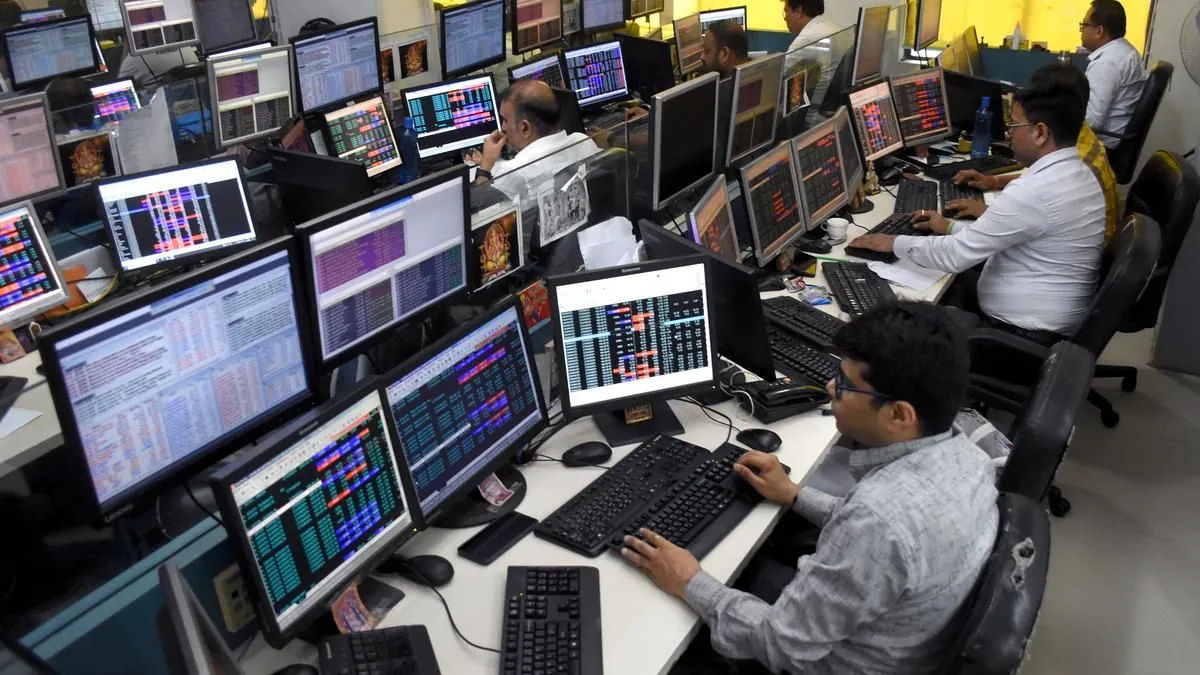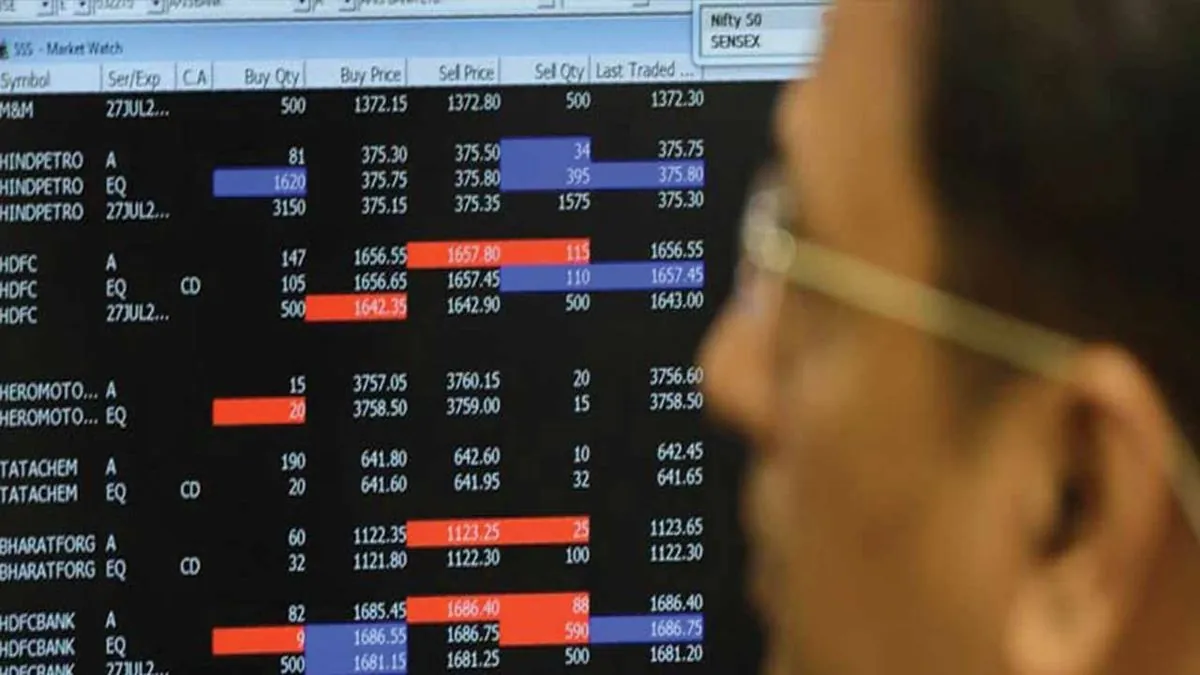SEBI Study Reveals Massive Losses for Retail Traders in Derivatives Market
SEBI report shows Indian retail traders lost ₹1.81 trillion in derivatives over three years. Only 7.2% made profits, while institutional investors gained through algorithmic trading.

The Securities and Exchange Board of India (SEBI) has released a study revealing significant losses for retail traders in the futures and options market. Over a three-year period ending March 2024, individual investors incurred net losses totaling ₹1.81 trillion ($21.67 billion) in derivatives trading.
The study highlights that merely 7.2% of retail participants managed to generate profits in this segment. This alarming statistic underscores the risks associated with derivatives trading, especially for individual investors.
In the fiscal year 2024 alone, 91.1% of retail traders experienced losses, with gross losses amounting to ₹524 billion. In stark contrast, proprietary traders representing financial institutions and foreign investors reported gross profits of ₹330 billion and ₹280 billion, respectively.

The SEBI report emphasizes the dominance of algorithmic trading in generating profits for larger entities. An overwhelming 97% of foreign investors' profits and 96% of proprietary traders' gains were attributed to this automated trading method.
Notably, the study reveals a shift in the demographic of retail traders. The proportion of participants under 30 years of age rose to 43% in fiscal year 2024. Additionally, most individual traders were found to belong to low-income groups, with annual earnings below ₹500,000.
In response to these findings, SEBI is considering implementing stricter regulations for derivatives trading. The proposed measures include a significant increase in the minimum trading amount, potentially tripling the current requirement. This move aims to curb the trading frenzy in derivatives and protect retail investors from substantial losses.
It's worth noting that India's derivatives market has a relatively short history, with futures and options trading introduced in 2000. Since then, it has grown to become one of the largest derivatives markets globally by volume. The National Stock Exchange of India, established in 1992, currently leads in derivatives trading within the country.
SEBI, founded in 1992 to regulate the securities market, has implemented various measures over the years to enhance market stability and protect investors. These include the introduction of unique client codes for traders in 2010, the launch of the Volatility Index (VIX) in 2010, and the concept of "Anchor Investors" in 2009 to stabilize the IPO process.
The Indian government has also taken steps to address speculative trading, such as introducing the Securities Transaction Tax in 2004. Additionally, foreign institutional investors have been allowed to participate in the derivatives market since 2000, contributing to its growth and complexity.
As SEBI continues to evaluate and implement new regulations, the focus remains on striking a balance between market growth and investor protection. The recent study serves as a stark reminder of the risks involved in derivatives trading, particularly for retail investors, and underscores the need for continued regulatory oversight in this rapidly evolving financial landscape.


































